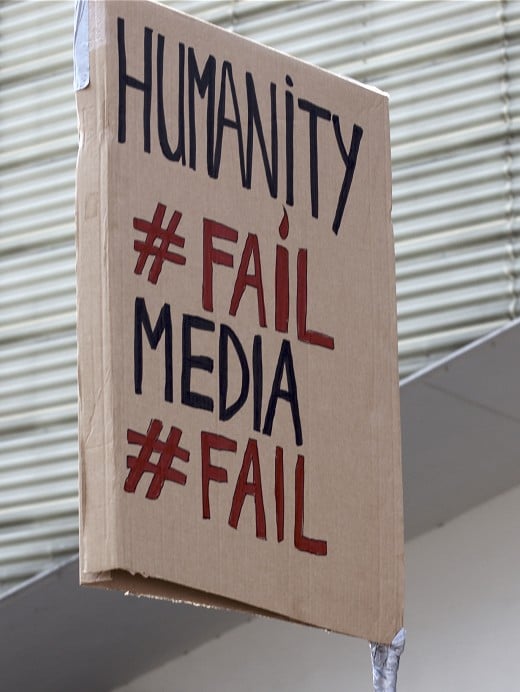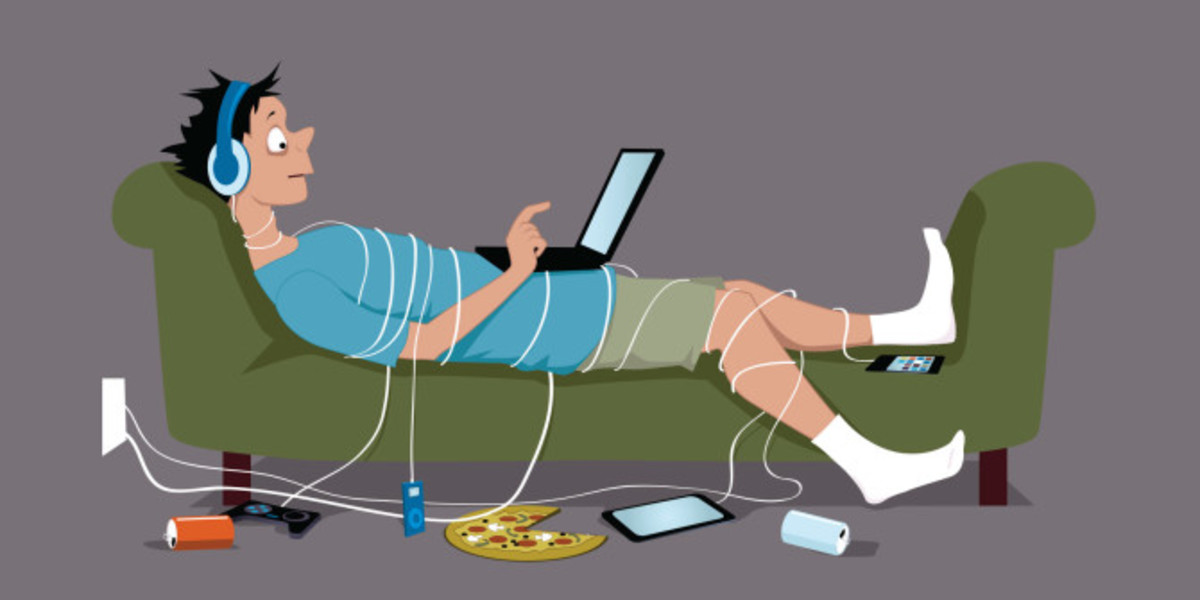- HubPages»
- Health»
- Quality of Life & Wellness»
- Personal Development
Exploiting Your Cynicism for a Better World

To be quite fair, I can’t remember my childhood that well, but I remember being just a bit more optimistic back then than I am now.
Don’t get me wrong, some of this simply comes down to the passage of time and the gaining of knowledge. I won’t deny that. But, surely, 10-year-old me certainly wasn’t planning on becoming so…curmudgeonly? I’m not proud of the misanthropic energy that surely radiates from my person. It’s been said to my face a few times that I complain too much, and I can’t think of a time I’ve ever passed up the opportunity to get into an argument.

With that being said, part of me still likes it this way. In the era of “fake news”, it pays to be a tad suspicious. I’ve weighted the storm of far-right propaganda these past few years so well by reminding myself that people lie. They lie a lot, and anything I read, watch and hear could, in fact, be demonstrably false. And when you tell yourself so often that everything can go wrong and will go wrong, you often find yourself being pleasantly surprised. That alone can keep you going, sometimes.
It takes balance to be an effective cynic. Think too negatively and you become apathetic, because what’s the point in trying to effect change that may never end up happening? Conversely, if you’re too unquestioningly optimistic, you can become too complacent, waiting for things to get better that won’t simply correct themselves through our inaction.
But maybe we’ve been too hopeful in the 20th century. Perhaps we need to be angry, to be suspicious, to be pessimistic, to enact change. The first step to making the world a better place is understanding the world isn’t quite as great as we’ve been told.
Facts about pessimism
- Pessimism is more likely to occur in women than men
- Older people are more likely to live longer if they are pessimists
- Pessimism about the future is more prominent in developed countries, with only 6% of Americans believing the world is becoming a better place
- A survey in 2014 discovered that 76% of Americans do not believe their children will be better off than they are
- Researchers suggest it is better for you health to be both pessimistic and optimistic
And yes, some things are getting better, but evidence suggests we in the West are stagnating.
As a young Australian, I haven't been the first to notice that in my own country wealth inequality between classes and between generations has been steadily increasing. And it's happening in the so called Land of the Free, too. The environment isn't looking too sharp, either. One in four mammal species risk extinction. And the average global temperature has risen by 0.9°C since 1884, according to NASA.
The more we tell ourselves things are getting better, the less we do to fix problems that still exist - the less we innovate and the more we stagnate. We need to think negatively, in order to bring about progress.
If we keep telling ourselves that 'at least we aren't living in the 19th century', what we will have to tell ourselves in the 22nd century, if we haven't bothered to progress at all?






